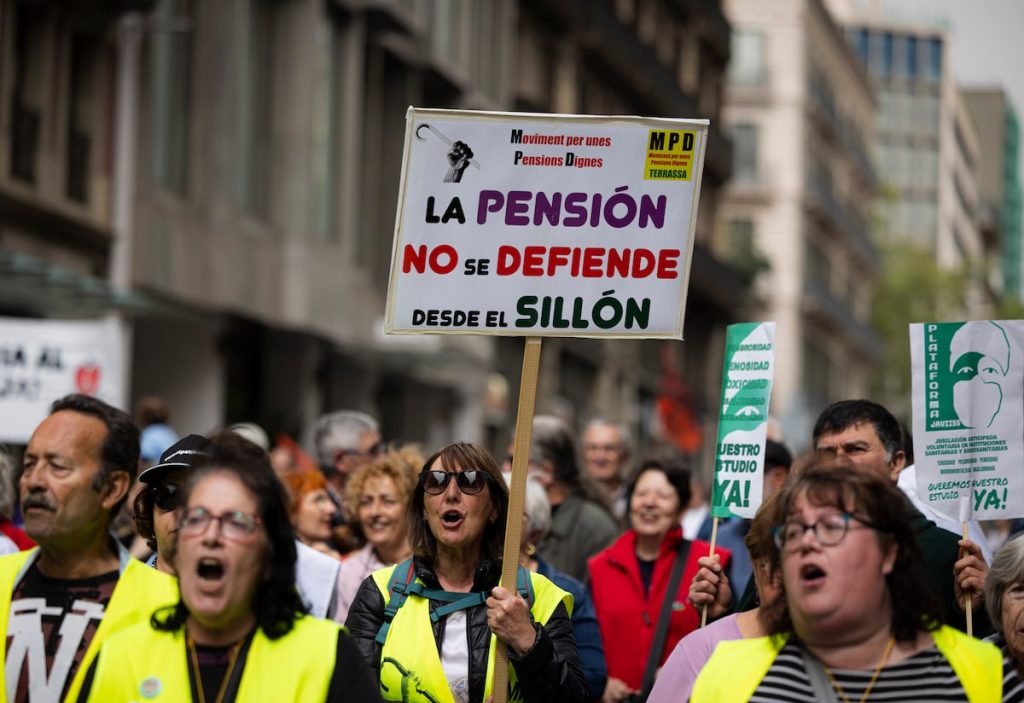The Prime Minister of Spain, Pedro Sánchez, emerged from a five-day spiritual retreat with the idea of democratic regeneration, but has not elaborated much on what this regeneration entails. Regenerationists in Spain, led by Joaquín Costa, sought to address the country’s decline after the “Disaster of 98,” with both conservative and progressive influences. A group of professors, coordinated by Diego López Garrido, proposes in a book to elevate key social achievements of recent decades to fundamental rights in the Spanish Constitution, such as the right to health, environment, pensions, housing, and privacy. This proposal, though utopian given the current political landscape, could evolve over time through debate. These social gains are integral to the concept of citizenship in modern societies.
Citizenship comprises civil, political, and social elements, each involving different rights and freedoms. Social rights have become fundamental due to their significant role in modern societies, underpinning the concept of being a civilized being in the prevailing norms of the time. While the 18th century saw the battle for civil rights and the 19th century achieved universal suffrage, the 20th century ushered in the welfare state. The proposal to elevate social rights to fundamental status in the Constitution would ensure their permanence and non-reversibility in the face of any ideological backlash. This protection is crucial as progressive movements in history have often been followed by reactionary ideologies.
The welfare state, a significant progress of the 20th century, must be safeguarded against threats. Claims that it undermines freedom, as argued by some, do not hold true given its historical context as a strengthening force for capitalism. The current socio-political landscape suggests a wave of retrogression, calling for a defense of progressive achievements like the welfare state. The dynamics of action-reaction, akin to Newton’s third law of motion, apply in social sciences, where the strength and direction of the reactionary force determine the outcome – a stronger reaction leading to counterrevolution and a weaker one allowing for reforms and progress to continue.
The proposal to elevate social rights to fundamental status in the Constitution aims to secure and protect the achievements of the welfare state against potential rollback. These rights, which include health, environment, pensions, housing, and privacy, have played vital roles in modern societies and warrant increased legal protection. While the current political climate may not support immediate implementation of this proposal, continued debate and discussion could potentially lead to its eventual integration into the constitutional framework, ensuring the permanence and non-reversibility of these fundamental social rights.


